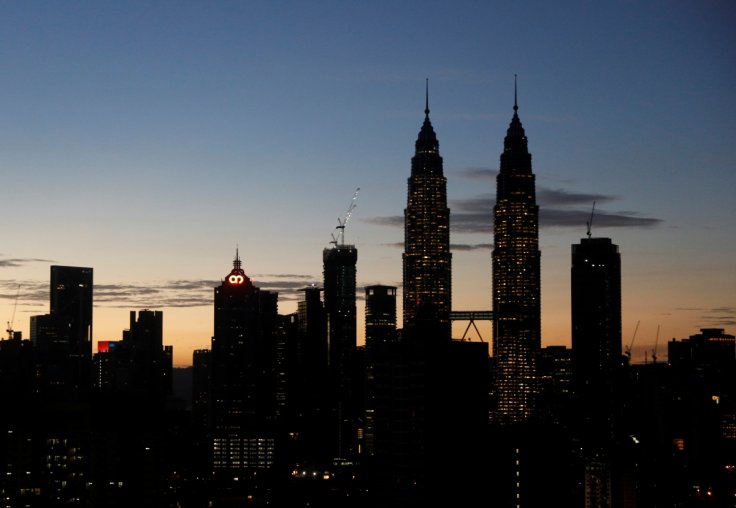Malaysia stated that it will reopen almost all economic activity and allow the interstate travel from June 10, lifting the coronavirus or COVID-19 restrictions imposed about three months ago as it looks forward to reviving the economic affected by the outbreak.
The Prime Minister Muhyiddin Yassin made an announcement in a televised address that the deadly novel virus outbreak was "successfully" under the nation's control and Malaysia will start a new recovery phase till August 31.
Malaysia to Reopen Most Economic Activity

"I am aware the government cannot control your lives forever to control the virus," Yassin said. The government will ease restrictions on social, education and religious activities in phases with health guidelines in place, and businesses will be allowed to return to normal operating hours. Yassin encouraged domestic holidays as travel between states will be allowed, but said international borders will remain closed.
Entertainment centers such as theme parks and night clubs, sports that involve close contacts, and events involving a large gathering of people will also not be allowed. Malaysia had gradually reopened businesses over the past month with social distancing protocols, after shuttering all non-essential businesses and schools, banning public gatherings and restricting travel on March 18.
Pace of New Coronavirus Infections Slowed Down in the Country
The pace of new coronavirus infections in the country, which in March was amongst the highest in Southeast Asia, have slowed in recent weeks. Known infections was at 8,303, with a total death of 117 as of Saturday. "Health ministry statistics showed that the rate of infection amongst local residents is lowering and under control," Yassin said.
"We will enter a normalization phase from August 31 onwards until a vaccine is found," he added. Malaysia's fiscal deficit will nearly double to about six percent of annual economic output this year because of the government's recent efforts to revive the economy, the finance minister told Reuters on Saturday.
Southeast Asia's third-biggest economy has announced incentives worth 295 billion ringgit ($69 billion) to soften the impact of the pandemic, with the government vowing to directly inject 45 billion ringgit of that into the economy.
(With agency inputs)









